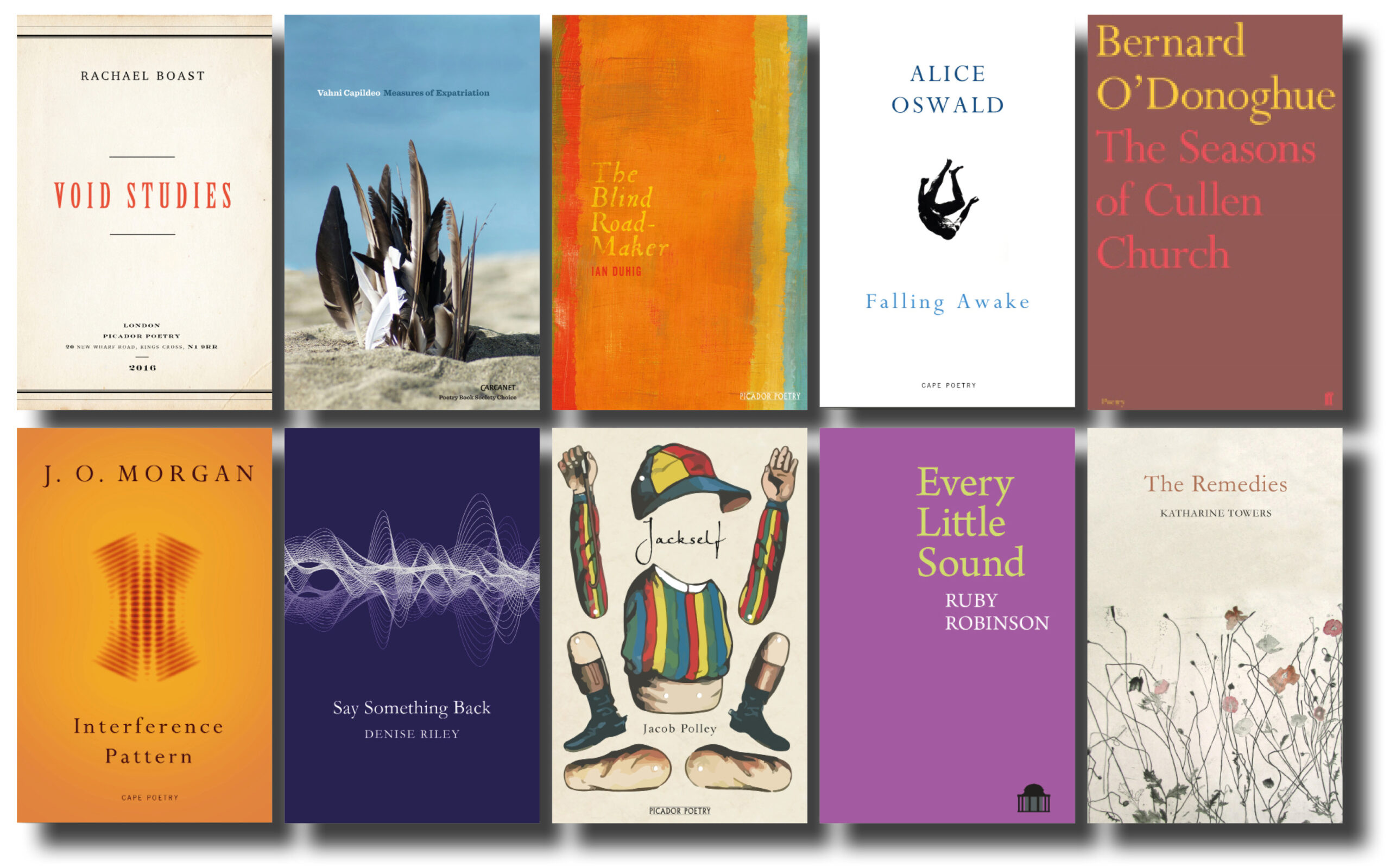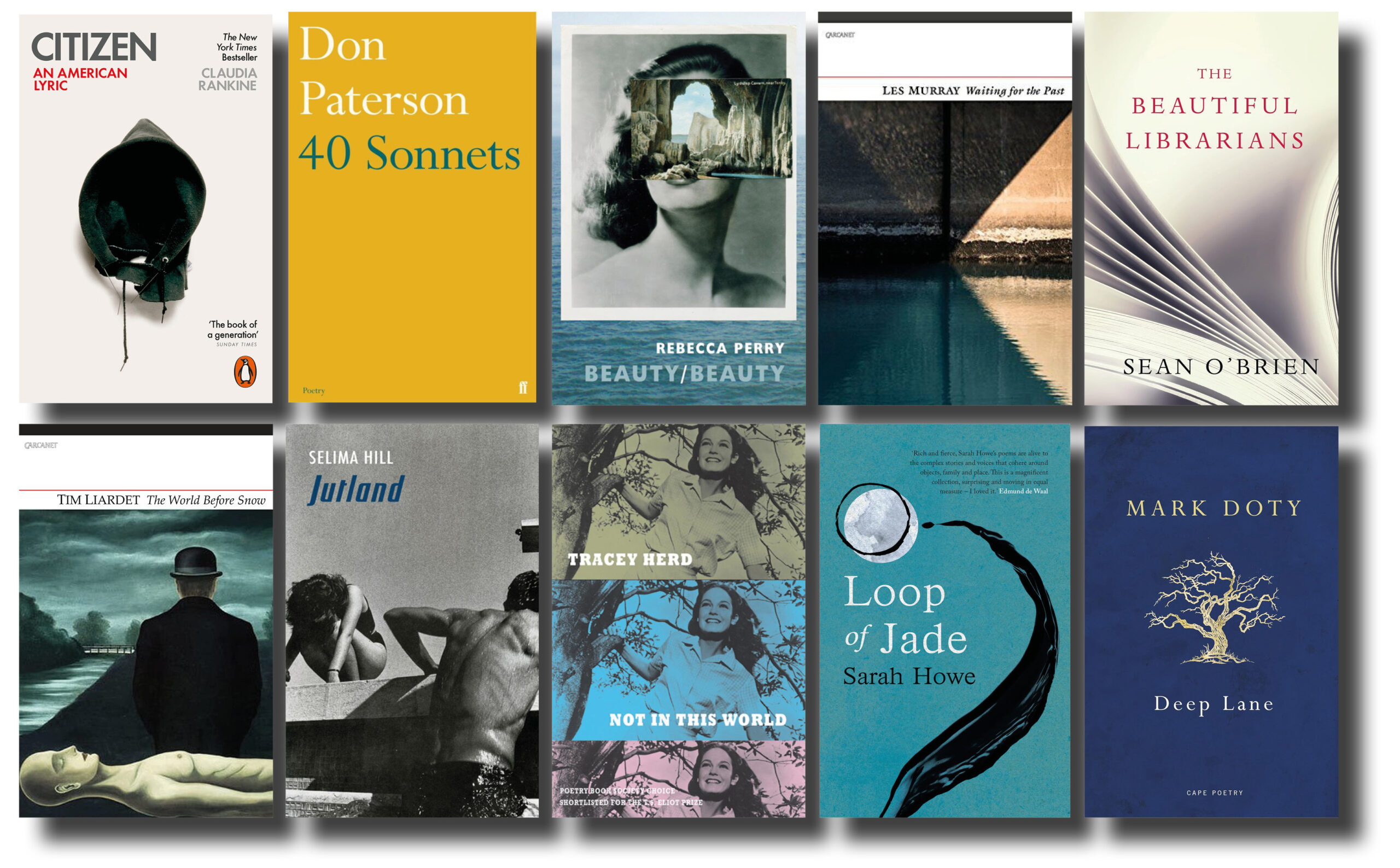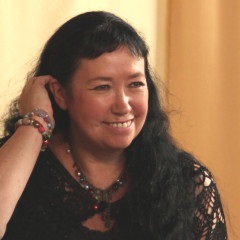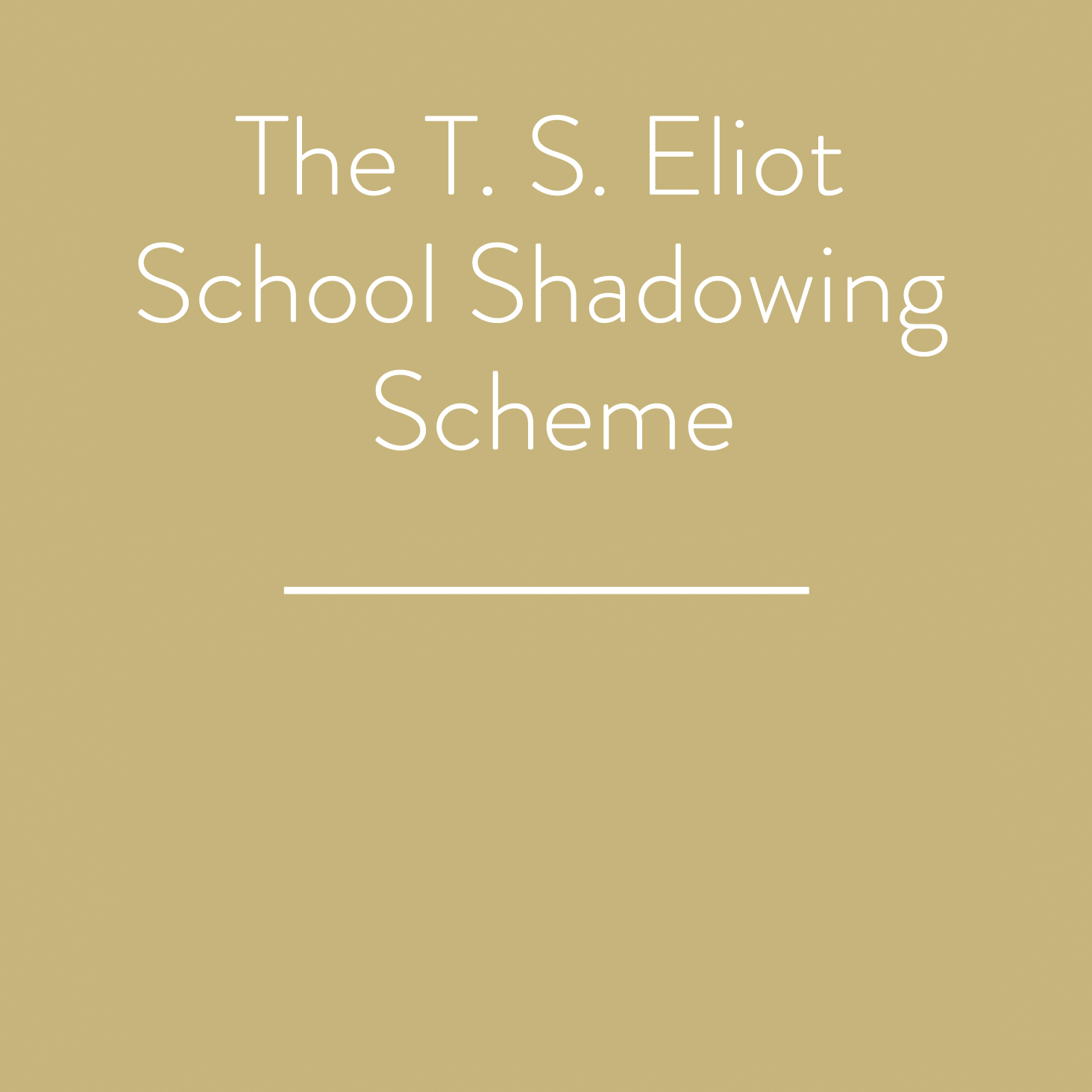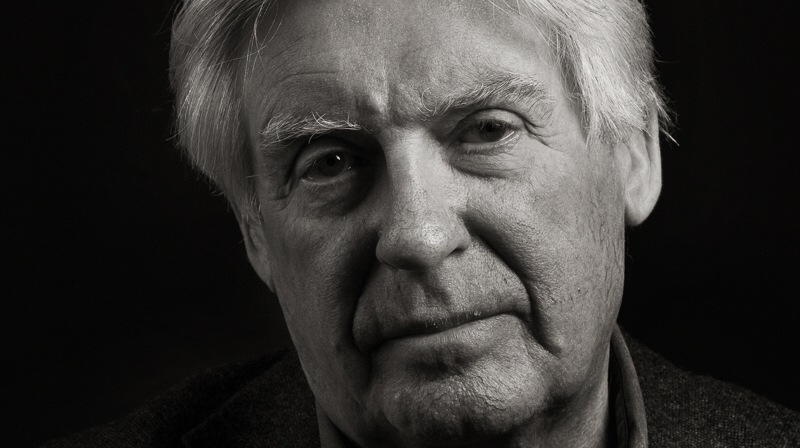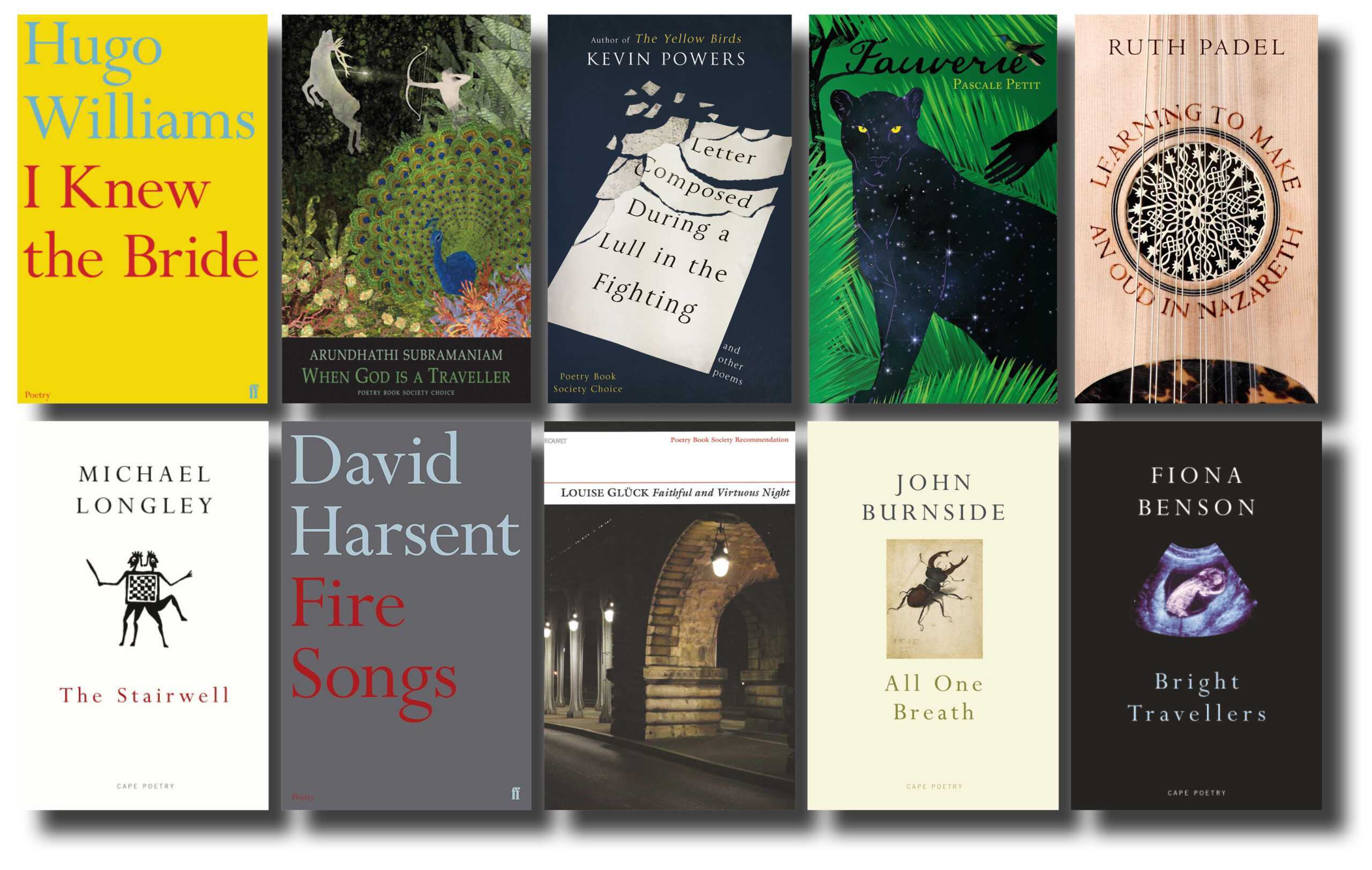T. S. Eliot Prize News
To help readers engage fully with the T. S. Eliot Prize 2016 Shortlist, we asked poetry blogger and regular Eliot Prize reviewer John Field to explore the shortlisted titles. In his review of Rachael Boast’s Void Studies, John Field writes, ‘Reading Void Sudies is a sensual, sensory joy. Like music,...
The T. S. Eliot Prize is delighted to announce the thrilling 2016 Shortlist, featuring exciting newcomers and established names. Judges Ruth Padel (Chair), Julia Copus and Alan Gillis have chosen the Shortlist from 138 books submitted by publishers: Rachael Boast – Void Studies (Picador Poetry) Vahni Capildeo – Measures of...
This article on the T. S. Eliot Prize was first published on the Poetry Book Society website in 2016. The Poetry Book Society is delighted to announce that the winner of the T. S. Eliot Prize 2015 is Sarah Howe for her debut collection Loop of Jade, an intimate...
This article on the T. S. Eliot Prize was first published on the Poetry Book Society website in 2015. The Poetry Book Society is delighted to announce a distinguished international Shortlist for the T. S. Eliot Prize 2015, with one poet from the US, one from Jamaica, one from Australia,...
This article on the T. S. Eliot Prize was first published on the Poetry Book Society website in 2015. The Poetry Book Society is delighted to announce that the winner of the T. S. Eliot Prize for Poetry 2014 is David Harsent’s Fire Songs, published by Faber & Faber....
This article on the T. S. Eliot Prize was first published on the Poetry Book Society website in 2014. It would have been marvellous to detect in the air around now a rising hum of argument and speculation about the shortlist for the T. S. Eliot Prize 2014. In a...
This article on the T. S. Eliot Prize was first published on the Poetry Book Society website in 2014. The Poetry Book Society is delighted to announce a wonderfully strong and varied Shortlist for the T. S. Eliot Prize 2014, with two poets from the US, one from India, three...
